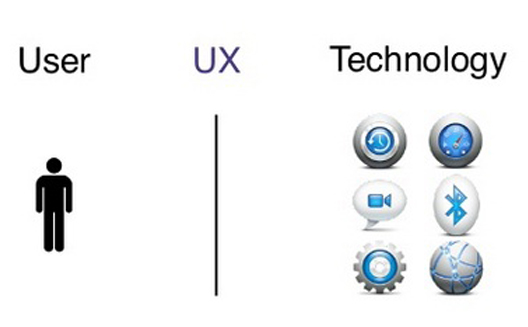Can User Experience Design Help Egyptian Startups Find Success?


While most digital startups in the Arab World focus on their
revenue and technology, perhaps they don't focus on user experience
as much as they should.
When user experience specialist Abdelrahman Osama returned to Egypt
in 2011, he hoped to bring his expertise working abroad to the
local market.
Yet, he says, “I didn’t find a serious interest in UX in
Egypt. Even those convinced of its importance were not willing to
spend money on it.”
Osama proceeded anyway, establishing Simpleia, a product design and branding
statup that will initially focus on e-commerce. He's currently
working to reigster it officially, and is building an e-commerce
site that focuses on UX design.
"A brand isn’t just a logo, but also a culture and a
community," says the Egyptian designer. "Design isn’t a question of
how the product would look, but of how it will work.”
To answer the question of how the site will work, UX design asks
the designer to go through three phases (for more on these three
phases, see 3 Hats that a User Experience Designer
Wears):
1) User Research. First, the designer asks, who is the user? How
old is he/she? What is his/her background? What is his/her
personality? And in what circumstances or scenario will the product
be used? To answer these questions, the UX designer interviews
groups of users.
2) Information Architecture. In this phase, data is collected and
categorized for each product and the designer sets product rules, a
roadmap explaining how the user will use the product, and decides
on the product's appearance.
3) Interaction Design. In this phase, the designer creates wireframes, and then translates these wireframes into
visuals, taking into consideration the color scheme to be used
which will lead to an action scheme.
Technology Without Borders
Osama's goal is to build the largest group of Egyptian UX
designers, and expand the concept of UX in the Egyptian
market.
He wants to demonstrate in the local market that UX design isn’t
restricted to websites and mobile apps, but also includes ATMs and
new technologies, such as small touch screen displays on fridges.
“Although we are still trying here to prove its usefulness to
companies in Egypt, most companies abroad have a whole UX
Design department, not just one individual," he points out.
Startups may not always be able to afford these advanced designs,
but Osama is looking to prove to startup that their money will not
be wasted, but will increase their ability to win users over. He
may also offer the option to partner with startups, he says, to
help Simpleia's ability to research users, and to help make
products that can change people's lives.


